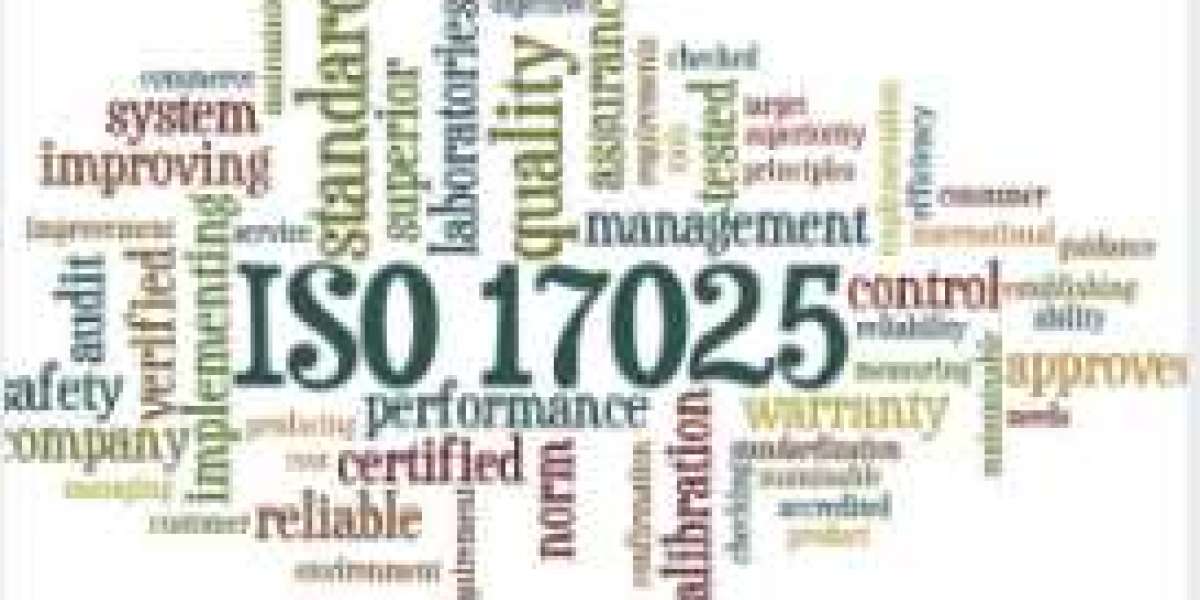ISO 17025 is an internationally recognized standard that sets the guidelines for the competence of testing and calibration laboratories. To ensure the quality and reliability of laboratory results, it's essential for personnel working in these facilities to receive proper ISO 17025 training. This training equips professionals with the knowledge and skills necessary to meet the rigorous requirements of the standard, ultimately leading to improved laboratory performance and customer satisfaction.
Understanding ISO 17025
ISO 17025, often referred to as the "gold standard" for laboratory quality, specifies the general requirements for testing and calibration laboratories. It covers areas such as personnel competence, equipment, testing methodologies, quality control, and the handling of test and calibration items. Laboratories that conform to ISO 17025 demonstrate their commitment to providing accurate and reliable results.
The Importance of ISO 17025 Training
Compliance: ISO 17025 training is crucial for laboratories seeking compliance with the standard. Proper training helps personnel understand the specific requirements and expectations outlined in ISO 17025, ensuring that the laboratory operates in accordance with the standard's principles.
Improved Accuracy: Training in ISO 17025 helps laboratory staff develop the skills necessary to perform tests and calibrations accurately. This, in turn, reduces the risk of errors and discrepancies in results, increasing the laboratory's reliability.
Enhanced Quality Control: ISO 17025 training emphasizes the importance of robust quality control processes. Professionals are trained to implement and maintain effective quality control measures, leading to consistent, high-quality outcomes.
Customer Confidence: Laboratories that adhere to ISO 17025 standards are often preferred by customers. ISO 17025 training instills confidence in customers, as they know that the laboratory operates with rigorous quality assurance practices.
ISO 17025 Training Elements
ISO 17025 training typically covers the following key elements:
Understanding ISO 17025: An introduction to the standard, its scope, and its requirements.
Document Control: Training on maintaining documentation, including procedures, policies, and records in compliance with ISO 17025.
Competence and Training: Guidance on ensuring personnel competency, including technical training and proficiency testing.
Equipment Calibration: Training on the calibration and maintenance of laboratory equipment to maintain accuracy.
Quality Assurance: Instruction on implementing effective quality assurance programs, including inter-laboratory comparisons and validation of test methods.
Traceability: Information on establishing and maintaining traceability of measurements.
Handling of Test Items: Guidelines on sample receipt, identification, handling, and preservation.
Measurement Uncertainty: Training on assessing and managing measurement uncertainty.
Conclusion
ISO 17025 training is an integral part of maintaining and enhancing laboratory competence. By investing in proper training, laboratories can demonstrate their commitment to quality, accuracy, and customer satisfaction. This ultimately leads to improved operations, stronger customer relationships, and a competitive edge in the world of testing and calibration. In a field where precision and reliability are paramount, ISO 17025 training is an indispensable tool for success.








